https://www.fizzicseducation.com.au/wp-content/uploads/2022/12/Liquid-nitrogen-cloud-1920-x-200px-dark-blue-wash.jpg
Space Science – Preschool
Science that is out of this world!
Kids aged 3 to 5 years old will have a blast as they learn about our solar system, mini rockets and more!
Designed to prepare early learners for the Physical Phenomena content strand for Early Stage 1 and Stage 1 in school. This fun workshop is designed to inspire early learners about our place in space. Great for budding little scientists!

Early Years Learning Framework Learning Outcomes
- 1.2 Develop emerging autonomy, interdependence, resilience and sense of agency
- 4.1 Children develop dispositions for learning such as curiosity, cooperation, confidence, creativity, commitment, enthusiasm, persistence, imagination and reflexivity.
- 4.2 Children develop a range of skills and processes such as problem-solving, inquiry, experimentation, hypothesising, researching and investigating.
- 4.3 Children transfer and adapt what they have learned from one context to another.
- 4.4 Children resource their own learning through connecting with people, place, technologies and natural and processed materials.
- 5.1 Children interact verbally and non-verbally with others for a range of purposes.
Victorian Curriculum
- Objects and parts of the world around us have names and particular characteristics (VCSSU021)
- Science is about exploring the world around me (VCSSU031)
- Objects can move in different ways (VCSSU025)
- Supported to engage in simple scientific inquiry (VCSIS026)
- Make links between observations and findings (VCSIS029)
- Actively join in exploration of familiar objects and events (VCSIS036)
- Use both general terms and simple, scientific vocabulary to begin to describe their activities and observations (VCSIS040)
Science Show Demonstrations
The Sun is soooooo much bigger than the Earth!
Learn the order, size and distance of the planets
What happens to some objects in a vacuum? Lets find out!
Our Earth spins, causing daily changes
Why does our Earth's tilt create seasonal changes?
How do we power deep space spacecraft?
Astronomers split up starlight to see colours of light
How far can you make it launch?
A messy experiment for outside - what might alien life be like?
Feedback about the Preschool Space workshop
Appropriate for Ages 3 to 5 years with a maximum of 30 children per class. Please note that we are not permitted to cater for children under the age of 3.
Access to 1 electrical power socket and 3 tables.
An outside area for Alien slime making.
Chairs are not required.
Duration 60 minutes, set up time 45 minutes and pack up time 45 minutes
During Social Distancing – Contact us
and we’ll tailor a program to suit both your school and the State’s social distancing requirements. Further details here
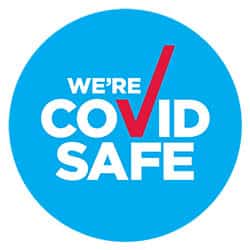
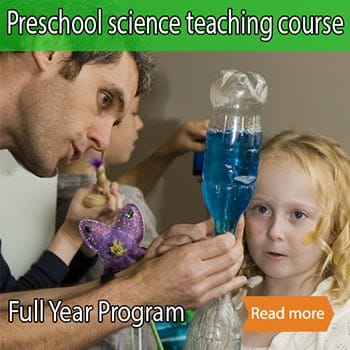
$550 inc. GST for a 60-minute workshop.
Call 1300 856 828, or use this form to enquire or make a booking for your preschool.
For preschools outside of metropolitan areas please contact us to discuss how this workshop can visit your school as part of a regional visit
We don’t charge per student as we know that this causes an additional administrative load on your office. Most preschools tend to fill the science workshops & shows based on our recommended maximum number of students. If you have any questions please contact us.
 Find out more here
Find out more here
Enquire Now
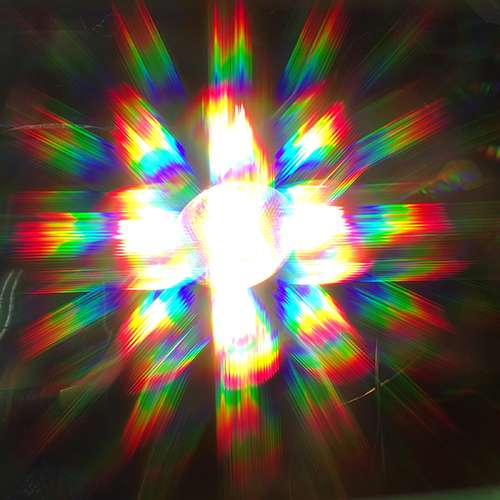
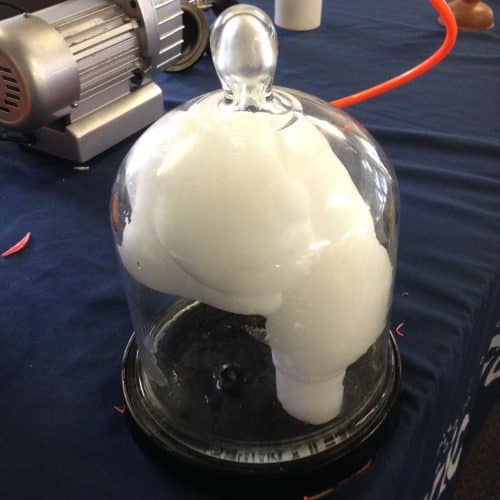















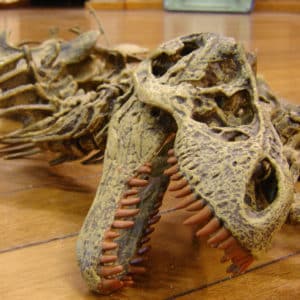
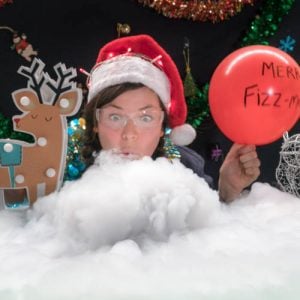
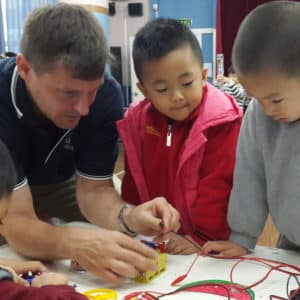




I just wanted to pass on how much the staff and students really enjoyed it and how perfect it was to launch our science week activities. The students were enthralled, educated and entertained – a perfect trifecta!
-Caulfield Grammar School – Big Science Big FunThanks so much for presenting at our school on Monday. Our students enjoyed the show.
-Greenvale Primary School – Big Science Big FunFizzics Education curated a thoughtful and hands-on experience for the children, incorporating practical, skill-based learning activities and followed by a science presentation at the end of the event involving liquid nitrogen. This was delivered safely and effectively, capturing both the children and the parents for the duration of the presentation.
-Macquarie Bank – Family Fun DayFizzics Education ran a show today at our school and it was wonderful. He was a great facilitator and the show was age appropriate and well done.
-Mount Zion Early learning centre – Little Science Big FunI just wanted to pass on how much the staff and students really enjoyed it and how perfect it was to launch our science week activities. The students were enthralled, educated and entertained – a perfect trifecta!
-Caulfield Grammar School – Big Science Big FunThanks so much for presenting at our school on Monday. Our students enjoyed the show.
-Greenvale Primary School – Big Science Big FunFizzics Education curated a thoughtful and hands-on experience for the children, incorporating practical, skill-based learning activities and followed by a science presentation at the end of the event involving liquid nitrogen. This was delivered safely and effectively, capturing both the children and the parents for the duration of the presentation.
-Macquarie Bank – Family Fun DayFizzics Education ran a show today at our school and it was wonderful. He was a great facilitator and the show was age appropriate and well done.
-Mount Zion Early learning centre – Little Science Big Fun